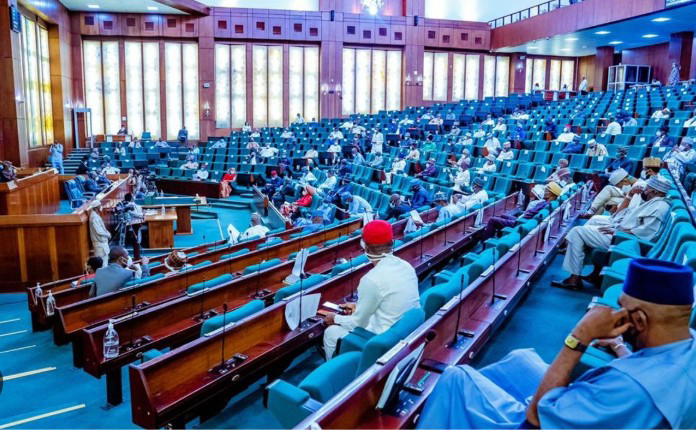… push for ethical, professional framework
By Gift ChapiOdekina, Abuja
The House of Representatives has moved to regulate private intelligence and investigation services in Nigeria to enhance national security and professional standards in the sector.
During a public hearing on the Private Intelligence and Investigation Council Bill, 2024, in Abuja on Thursday, the House Committee on National Security and Intelligence, chaired by Hon. Ahmed Satomi, Speaker Abbas said the bill represents another important stride in Nigeria’s ongoing effort to reform its security architecture and institutionalise professionalism and accountability in private intelligence operations.
“The 10th House of Representatives remains firmly committed to transparency, accountability, and inclusiveness in all legislative engagements,” Abbas said.
“We believe that the quality of governance improves when citizens, experts, and stakeholders actively participate in lawmaking.”
He explained that the bill seeks to establish a regulatory framework to ensure that private intelligence and investigation firms operate ethically and responsibly while adhering to uniform standards. It also provides for continuous training and stronger collaboration between private and public security institutions to improve national safety.
Abbas further emphasised the urgency of broader security reforms, including the need for multi-level policing and more effective community policing as provided for in the Police Act 2020.
“Security reforms remain a top national priority,” he said. “The time has come for the debate on multi-level policing to move from theory to decisive legislative action.”
In his welcome address, Committee Chairman Hon. Ahmed Satomi described the Bill as a “significant step toward strengthening Nigeria’s national security framework” by ensuring the professionalism and accountability of private intelligence and investigation entities.
According to Satomi, the proposed Private Intelligence and Investigation Council will accredit practitioners, standardise industry practices, promote training, and foster closer cooperation between private and public security sectors.
He cited data from the National Bureau of Statistics (NBS) indicating that between May 2023 and April 2024, Nigeria recorded 51.89 million household crime incidents, with kidnapping alone accounting for 2.23 million cases and ₦2.23 trillion paid in ransom.
“These staggering figures underscore the need for innovative approaches to national security,” Satomi said. “Security, it is said, is everyone’s business.”
While most stakeholders expressed support for the Bill, Satomi acknowledged concerns raised by some security agencies regarding possible overlaps with existing laws, such as the Nigeria Police Act 2020.
He, however, noted that the Bill presents an opportunity to address long-standing challenges in intelligence coordination and sharing among security agencies—a problem that has often hindered effective service delivery.
“The disparities in jurisdiction highlight the need for greater collaboration and reform in our national security governance structure,” he said.
Satomi commended Speaker Abbas and his colleagues for their commitment to security reforms and assured stakeholders that all submissions from the public hearing would be considered in the Committee’s final report to the House.
The post Reps move to regulate private intelligence sector, strengthen national security appeared first on Vanguard News.

